
Women in the coffee industry
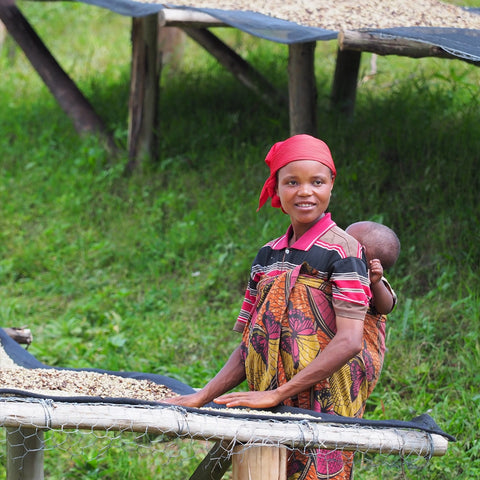
Some facts about women involved in coffee production at the place of origin:
- Women make up 70% of the workforce in field work and harvesting.
- They hold only 10-15% of trade and export positions.
- Depending on the country, women make up only 3-20% of landowners.
- Some women work up to 87% more hours per week due to additional household responsibilities.
- The income gap between men and women working in coffee-producing countries is as high as 39%.
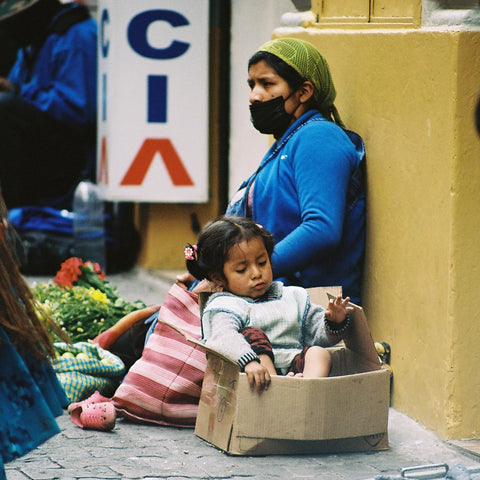
Women are largely involved in field work, harvesting and sorting, the manual work necessary for coffee production. They are less represented in trading and exporting. They have no decision-making powers and therefore function purely as plantation workers. The reason for this is that land ownership is historically, culturally and legally much more accessible to men than women. And men usually also have a larger share of the profits. However, women bear a "double burden" because in addition to working on the farm, they are also responsible for the
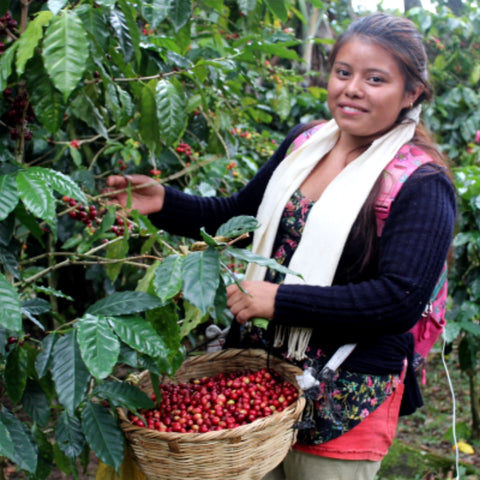
Unfortunately, there is still a gender information gap, we do not have enough data and it is difficult to find supporting facts. When evaluating any data, we must take into account, for example, the fact that women's work, sexual discrimination and harassment are often under-reported.
However, this does not mean that we should ignore the problem.
That's why at La Bohème Café we always look at factors such as fair conditions for everyone on the farm.
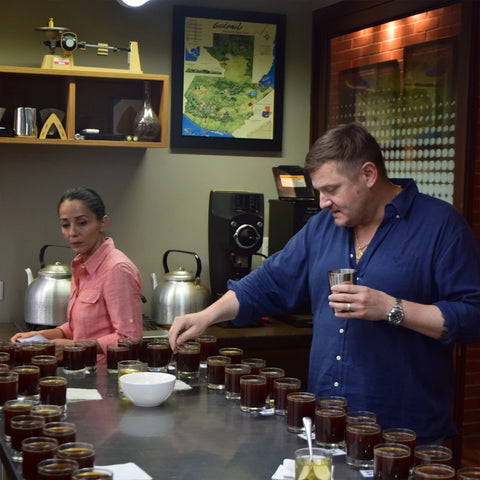
Jacqueline Sabina Morales de Ovalle
Jacqueline is the head of quality control at the family business of our long-term partner and her husband Renardo Ovalle, one of the most renowned producers in Guatemala. Jacqueline is best known for her refined sensory skills as a certified Q-Grader, which play a major role in defining the profiles and characteristics of each coffee from their farms. Her skills are therefore an integral part of their production. Several lots have been named after her in honor of her passion for coffee and expertise.
*Charles cupping with Jacqueline in Guatemala
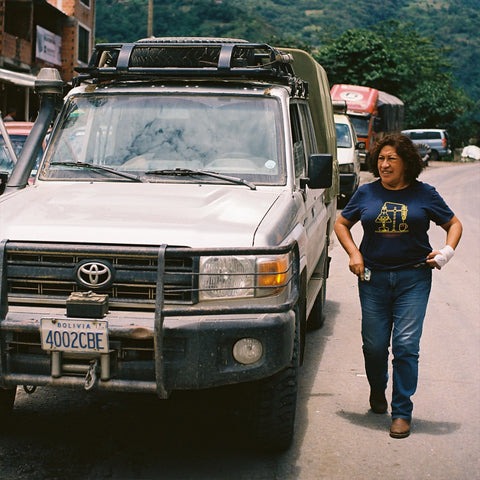
Female producers from Bolivia
After years of neglect, intense competition from cash crops, and a lack of infrastructure, the coffee scene in Bolivia is experiencing something of a renaissance. More coffee shops are popping up in major cities selling premium coffee grown and roasted in Bolivia, and farmers are starting to pay more attention to quality and discover their potential.
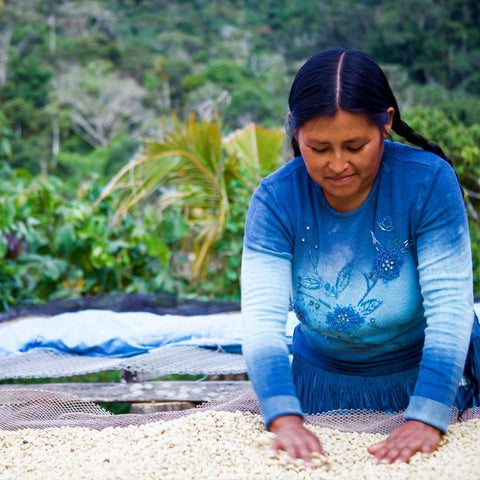
Juana Mamani
Another amazing producer is Juana Mamani ( yes, Mamani is a very common surname in Bolivia ). Her farm is renowned throughout the region for its coffee growing practices that influence the production of premium coffee in the community. Juana belongs to the first generation of coffee farmers and bought her six-hectare farm in San Ignacio when she was only 16 years old. Before that, she worked on another farm, which was enough for her to save enough money to buy her own land. At the age of 23 , she won second place in Bolivia at the 2007 Cup of Excellence with a score of 90.78 . This result speaks for itself!

Filomena Mamani
The story of farmer Filomena Mamani , like the story of most female coffee producers, tells of admirable determination and courage. Filomena Mamani started growing coffee with her family 15 years ago and thanks to the excellent farm management resulting from their experience, the coffee deservedly placed 6th with a cupping score of 88.70 points in the 2021 Presidential Competition in Bolivia.
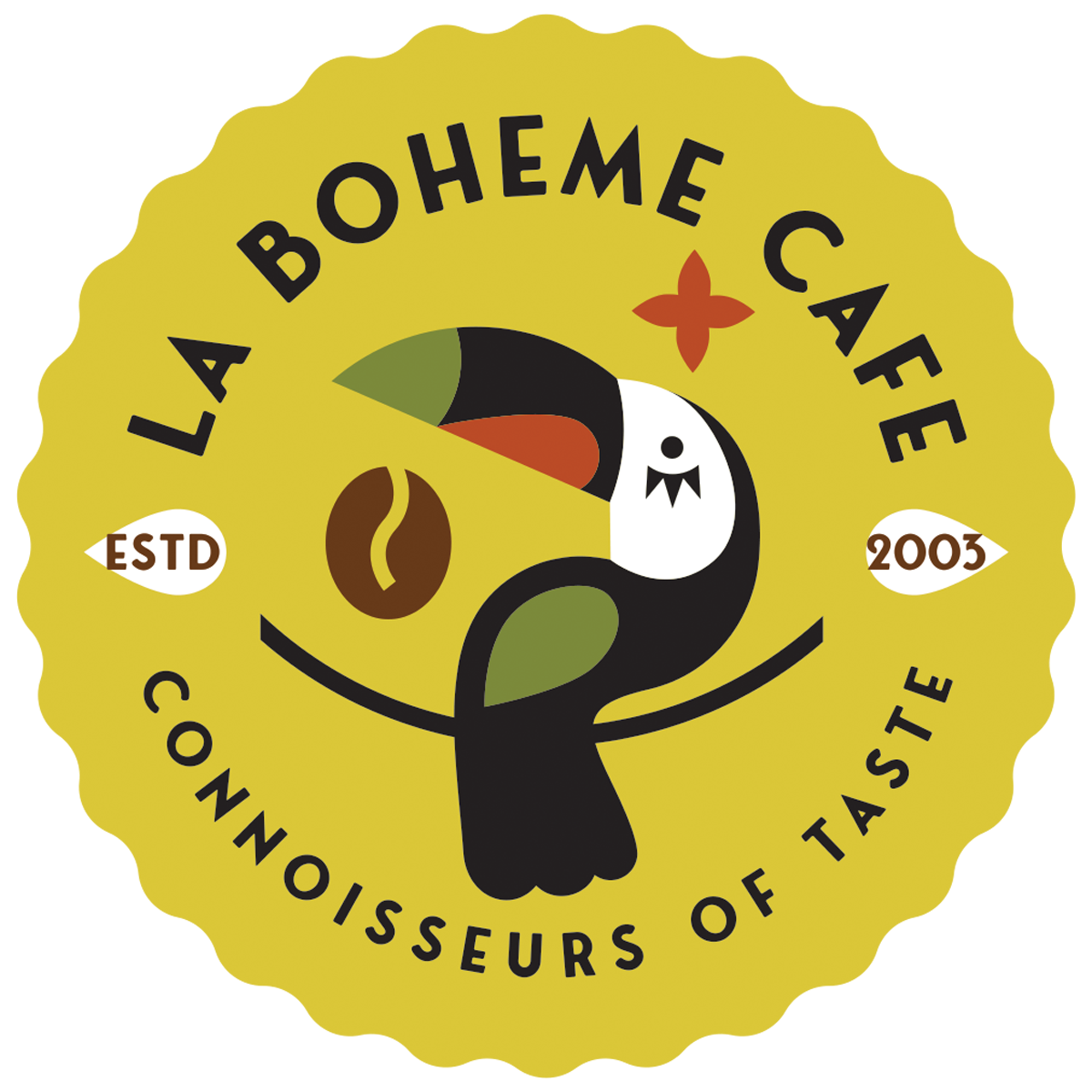
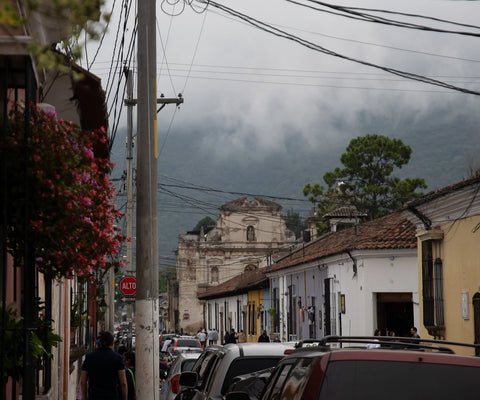
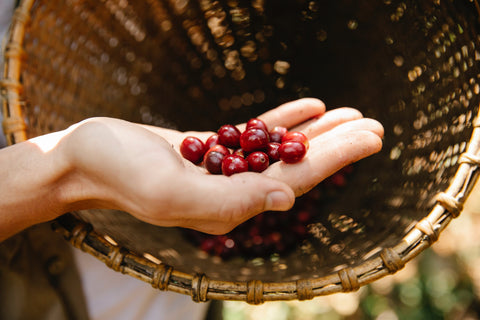
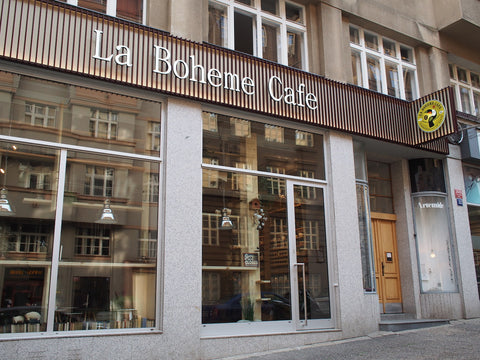
Comments (0)
There are no comments for this article. Be the first one to leave a message!